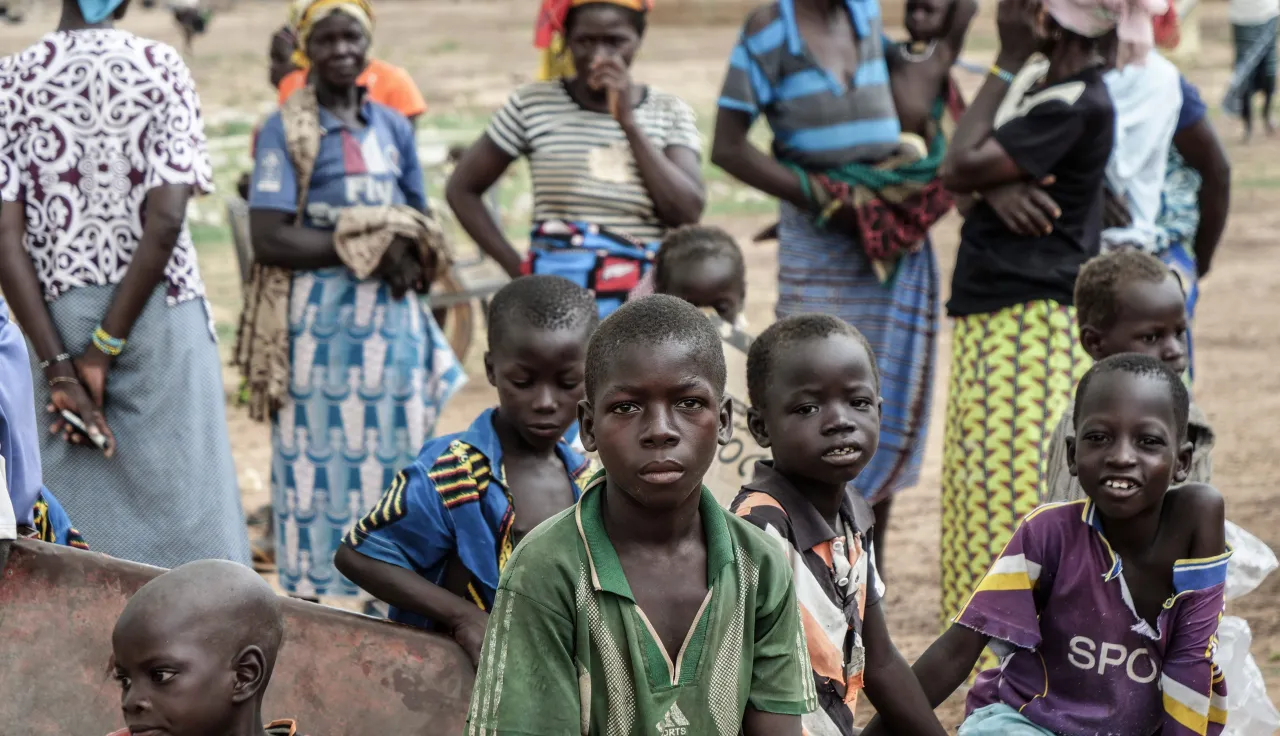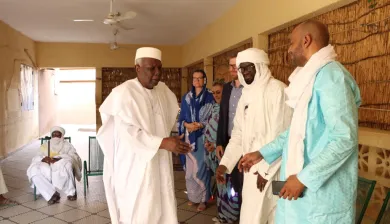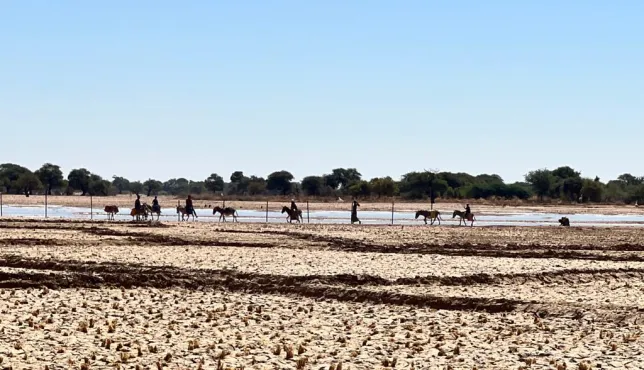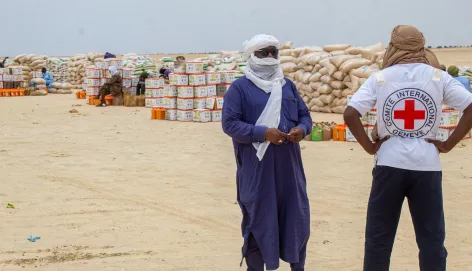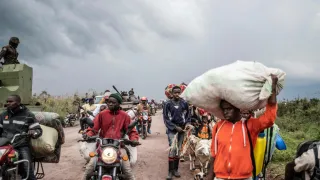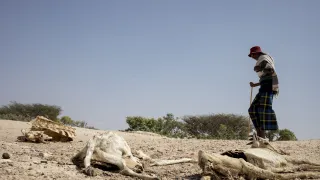Our work
In the places where these people have taken refuge, public services like hospitals and schools are struggling to accommodate both the locals and new arrivals. But with societies so destabilized, these services – and the economies as a whole – are not getting the help they need.
What's more, climate change is drying up wells and turning pastures and fields to dust, leading to tension between farmers and herders. At every turn, people have to overcome obstacles just to keep going.

